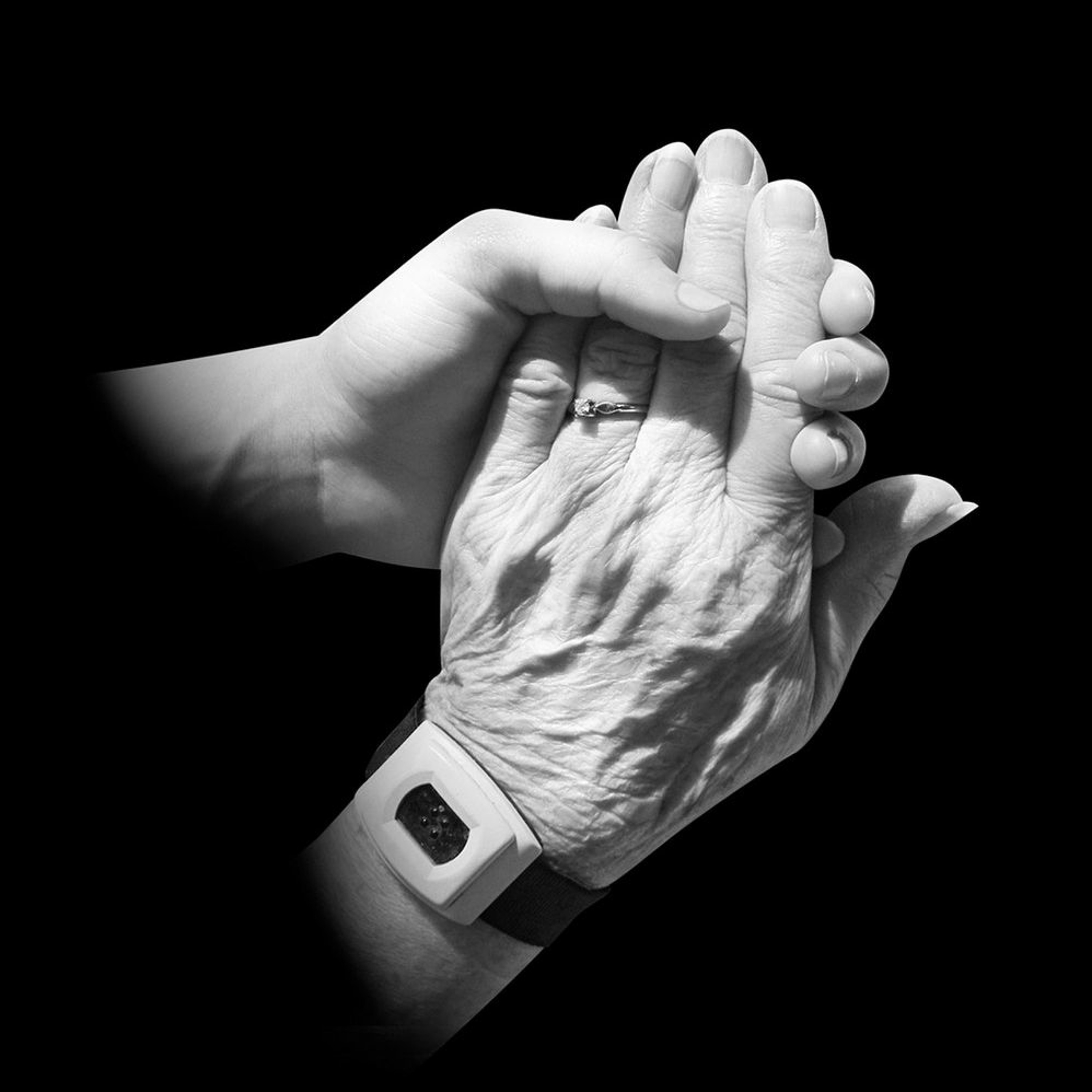- Government
- SEE MORE
- classical
- general
- talk
- News
- Family
- Bürgerfunk
- pop
- Islam
- soul
- jazz
- Comedy
- humor
- wissenschaft
- opera
- baroque
- gesellschaft
- theater
- Local
- alternative
- electro
- rock
- rap
- lifestyle
- Music
- como
- RNE
- ballads
- greek
- Buddhism
- deportes
- christian
- Technology
- piano
- djs
- Dance
- dutch
- flamenco
- social
- hope
- christian rock
- academia
- afrique
- Business
- musique
- ελληνική-μουσική
- religion
- World radio
- Zarzuela
- travel
- World
- NFL
- media
- Art
- public
- Sports
- Gospel
- st.
- baptist
- Leisure
- Kids & Family
- musical
- club
- Culture
- Health & Fitness
- True Crime
- Fiction
- children
- Society & Culture
- TV & Film
- gold
- kunst
- música
- gay
- Natural
- a
- francais
- bach
- economics
- kultur
- evangelical
- tech
- Opinion
- gaming
- College
- technik
- History
- Jesus
- Health
- movies
- radio
- services
- Church
- podcast
- Education
- international
- Transportation
- Other
- kids
- podcasts
- philadelphia
- Noticias
- love
- sport
- Salud
- film
- and
- 4chan
- Disco
- Stories
- fashion
- Arts
- interviews
- hardstyle
- entertainment
- humour
- medieval
- literature
- alma
- Cultura
- video
- TV
- Science
- en
Developing Asia urgently needs to examine who should pay for the elderly

b'Developing Asian countries must introduce more comprehensive public welfare programs for the elderly as their economies transition from traditional filial altruism and the extended family to parental altruism and the nuclear family.\\n\\nAs an economy develops, increasingly large amounts of resources are transferred from working adults, who produce more than they consume, to their parents and children, who consume more than they produce. \\n\\nGone is the time when elders and children counted as parts of the labor force\\u2014children stay in school longer, and elders spend more and more time in retirement. \\n\\nWorking adults in advanced economies transfer more of their income to dependent family members. \\n\\nRead the transcript\\nhttp://bit.ly/2ADwwmi\\n\\nRead the working paper\\nhttps://www.adb.org/publications/intergenerational-transfers-demographic-transition-altruism\\n\\nAbout the authors\\nYoshitaka Kodais a postdoctoral fellow of the Faculty of Economics at Chulalongkorn University, Bangkok, Thailand.\\nManachayaUruyos is an assistant professor at the Faculty of Economics, Chulalongkorn University.\\nSiwapong Dheera-Aumpon is an assistant professor of economics, Kasetsart University, Bangkok.\\n\\nKnow more about ADBI\\u2019s research on aging\\nhttp://bit.ly/2hTzeMV'